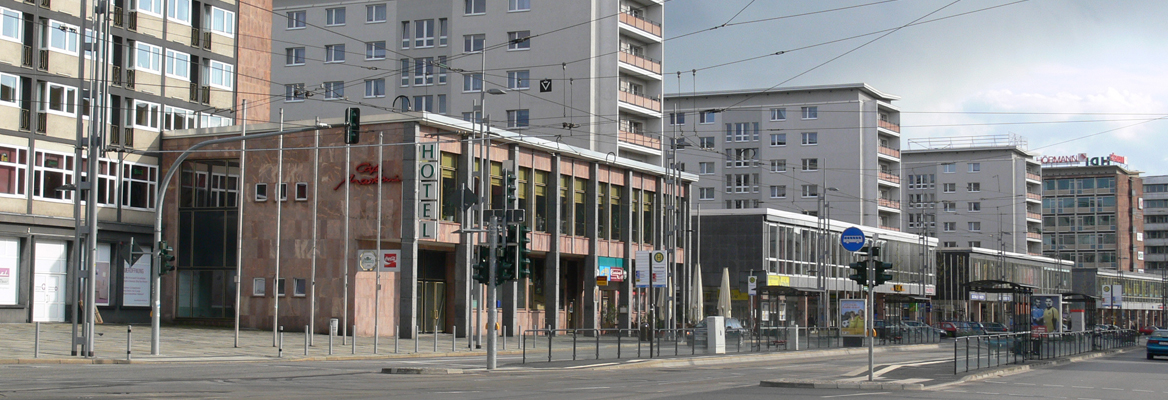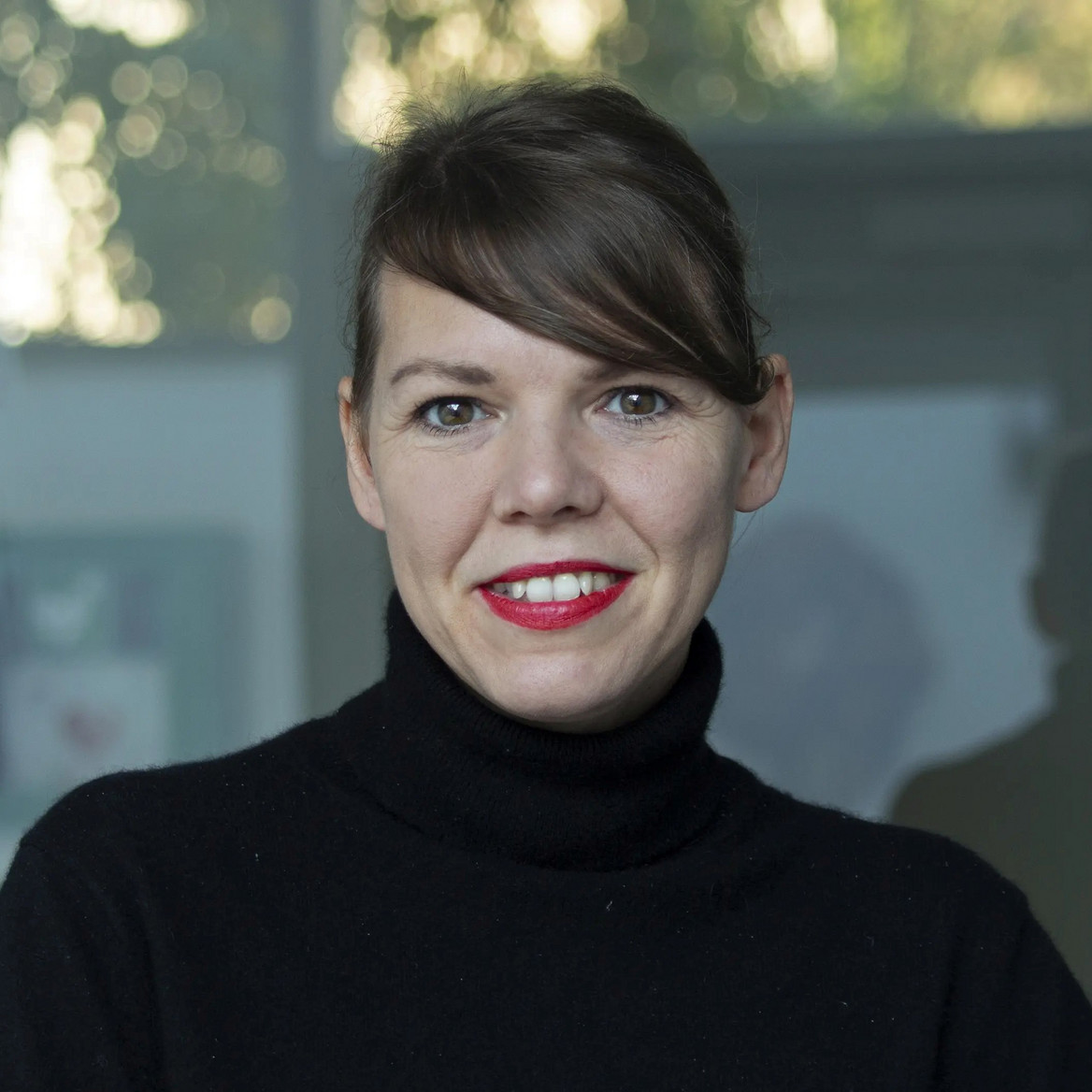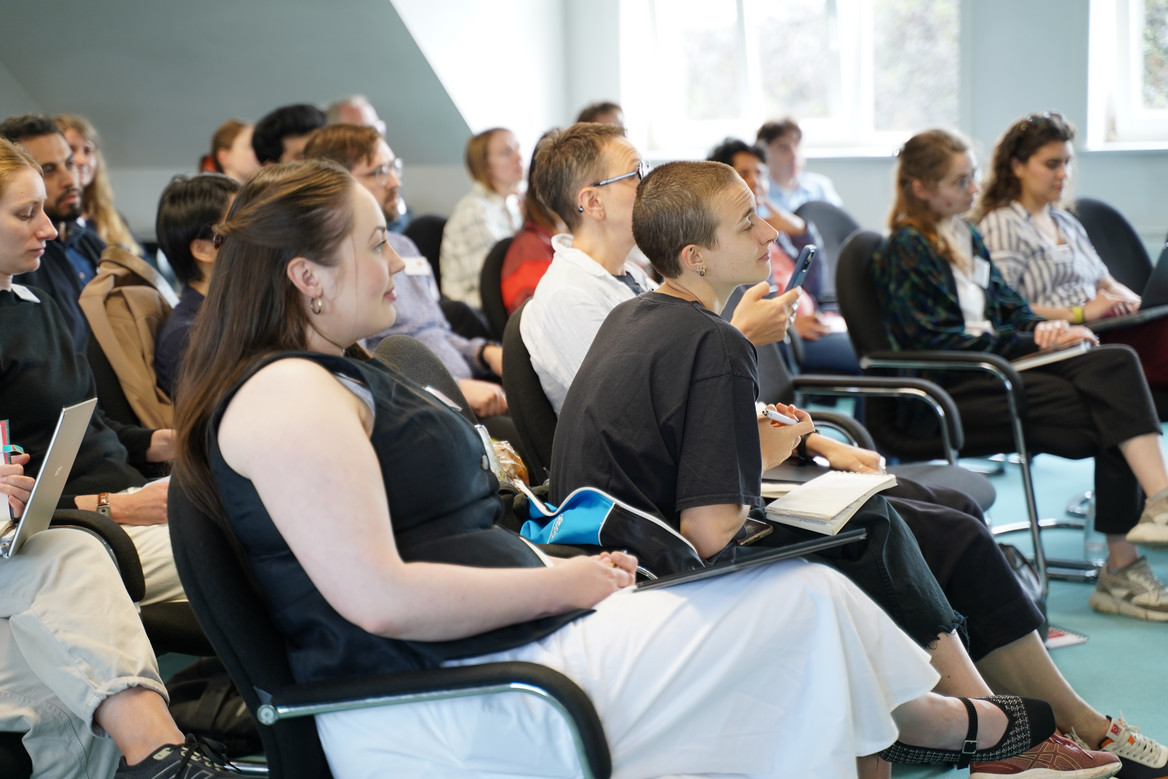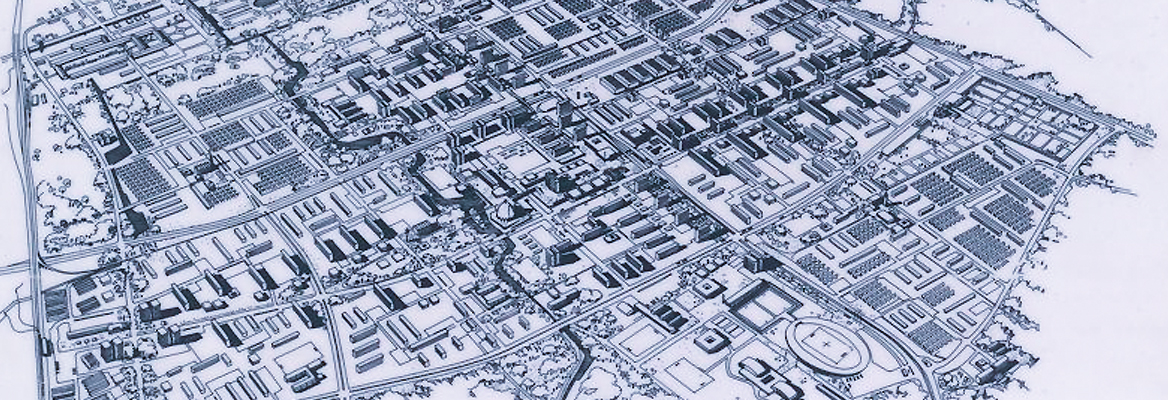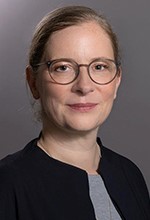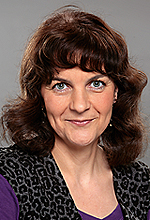Main Content
Contemporary History and Archive
The Research Area deals with the planning, design and appropriation of spaces in modern and contemporary history. The proximity of historical research and the archival work of the Scientific Collection is a unique characteristic of the Research Area. The two sides are linked by research activity and methods of Digital History, among other things. Currently the Research Area is particularly interested in the history of housing, home ownership and urbanisation in the European context, the history of architecture and urban planning in the GDR, research into materiality in the historical transformation of the built environment in the "Global South" and cross-border cooperation in spatial development. The Research Area analyses the historical roots of current socio-spatial processes and opens the view for long-term continuities as well as for ruptures and crises in spatial development. It also deals with the challenges of dealing with the built heritage and the value of the past in the present.
Investigations into new forms of transmission and archiving of current knowledge for future generations in times of digitalisation form another focus. This includes questions of archiving digital architectural designs as well as collecting, cataloguing (restoring, if necessary) and researching the holdings on the architectural and building history of the GDR and increasingly also of the 1990s. In addition to researchers, the main target groups are an interested public, civil society initiatives as well as local authorities, ministries and museums.


